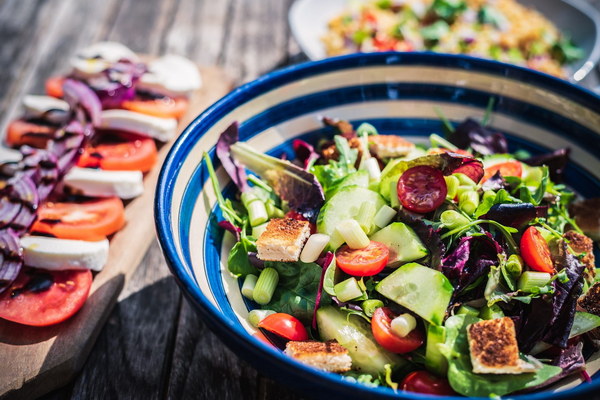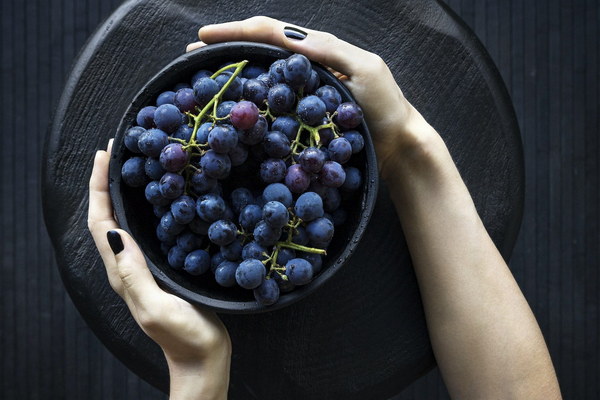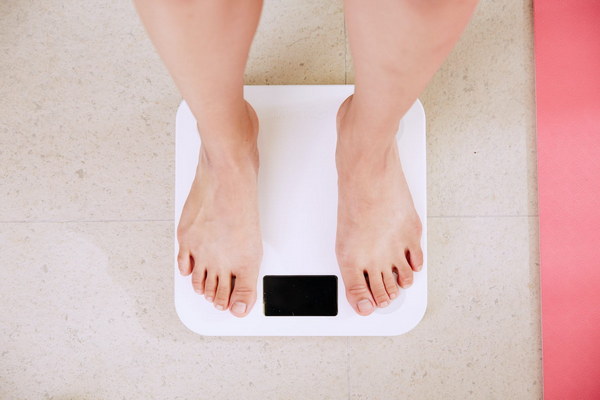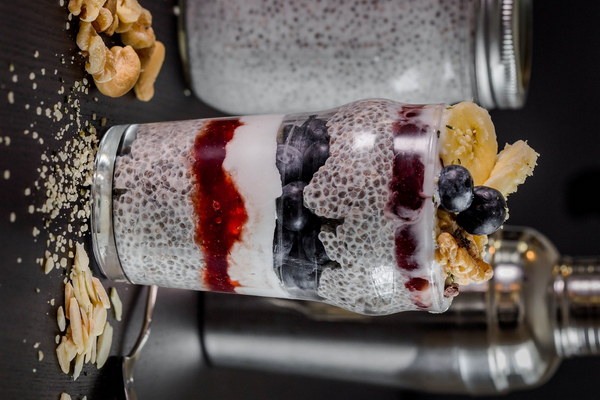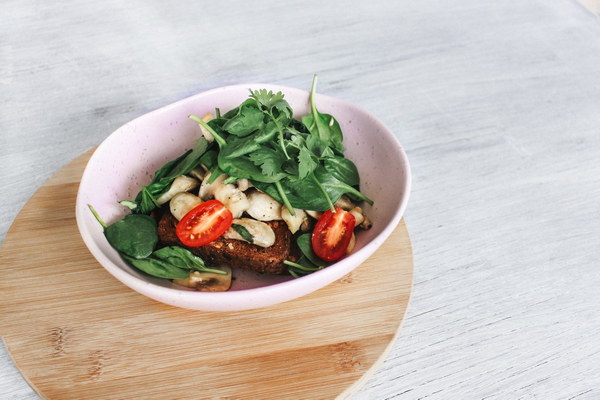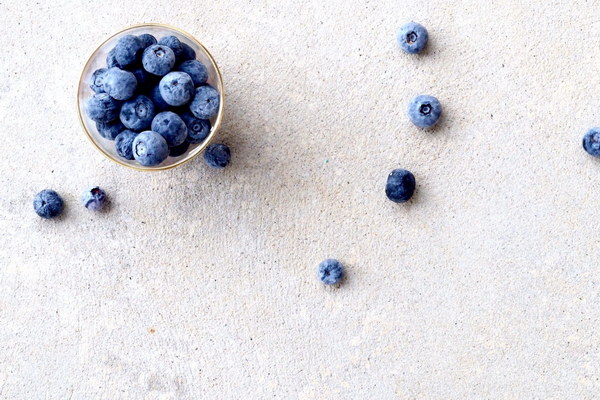The Benefits of Western MedicineApproved KidneyBoosting Foods
In the realm of Western medicine, the concept of kidney health is often overlooked in favor of more conventional treatments. However, incorporating kidney-friendly foods into your diet can have a profound impact on your overall well-being. Here, we explore the benefits of Western medicine-approved kidney-boosting foods and how they can contribute to a healthier kidney function.
1. Boosting Kidney Function
The primary role of the kidneys is to filter waste products from the blood and maintain fluid balance in the body. Certain foods are known to support this crucial function:
- Berries: Blueberries, strawberries, and raspberries are rich in antioxidants that help protect kidney cells from damage. They also contain compounds that may improve blood flow to the kidneys.
- Cruciferous Vegetables: Broccoli, cauliflower, and Brussels sprouts are packed with fiber, which can help reduce the workload on the kidneys by lowering blood pressure and improving cholesterol levels.
- Watermelon: This hydrating fruit is a great way to stay hydrated, which is essential for kidney function. It also contains amino acids that can help dilute uric acid, reducing the risk of kidney stones.
2. Reducing Inflammation
Inflammation can exacerbate kidney disease and impair kidney function. Foods that have anti-inflammatory properties can help mitigate this risk:
- Olive Oil: Rich in monounsaturated fats, olive oil can help reduce inflammation and improve kidney health.
- Fatty Fish: Fish like salmon, trout, and mackerel are high in omega-3 fatty acids, which have been shown to reduce inflammation and protect against kidney damage.
- Turmeric: This spice contains curcumin, a compound with powerful anti-inflammatory properties that can help prevent kidney disease progression.
3. Lowering Blood Pressure
High blood pressure is a significant risk factor for kidney disease. Including these foods in your diet can help keep your blood pressure in check:
- Leafy Greens: Spinach, kale, and collard greens are all excellent sources of potassium, which can help lower blood pressure. They also contain antioxidants that support kidney health.
- Garlic: Garlic has been shown to have blood pressure-lowering effects and can help reduce the risk of kidney damage.
- Beans: Kidney beans, black beans, and pinto beans are all good sources of potassium and fiber, which can help lower blood pressure and improve kidney function.
4. Managing Blood Sugar Levels
Diabetes is a leading cause of chronic kidney disease. Managing blood sugar levels is crucial for kidney health. Here are some foods that can help:
- Chromium: Found in whole grains, nuts, and brewer's yeast, chromium can help improve insulin sensitivity and manage blood sugar levels.
- Chia Seeds: These tiny seeds are high in fiber and omega-3 fatty acids, which can help regulate blood sugar levels and support kidney health.
- Pumpkin: Pumpkins are a great source of alpha-linolenic acid (ALA), an omega-3 fatty acid that may help improve insulin sensitivity and protect against kidney disease.
5. Preventing Kidney Stones

Kidney stones can be painful and can lead to kidney damage if not treated properly. Some foods can help prevent their formation:
- Cranberries: These berries contain compounds that can prevent the formation of kidney stones by acidifying urine and reducing the concentration of minerals that contribute to stone formation.
- Nuts and Seeds: Almonds, sunflower seeds, and pumpkin seeds are all good sources of magnesium, which can help prevent kidney stone formation.
- Water: Staying hydrated is crucial for preventing kidney stones. Drinking plenty of water can help flush out minerals and reduce the risk of stone formation.
Incorporating these kidney-boosting foods into your diet is a simple yet effective way to support your kidney health. While Western medicine often focuses on medications and treatments, a balanced diet can play a significant role in maintaining kidney function and preventing kidney disease. Always consult with a healthcare professional before making any significant changes to your diet or treatment plan.
